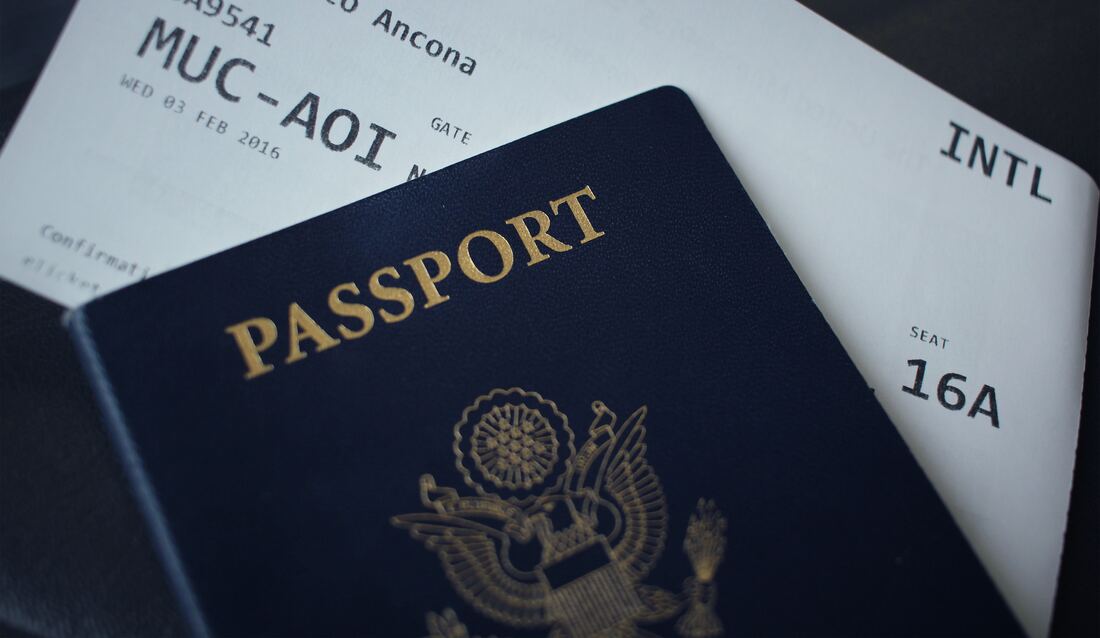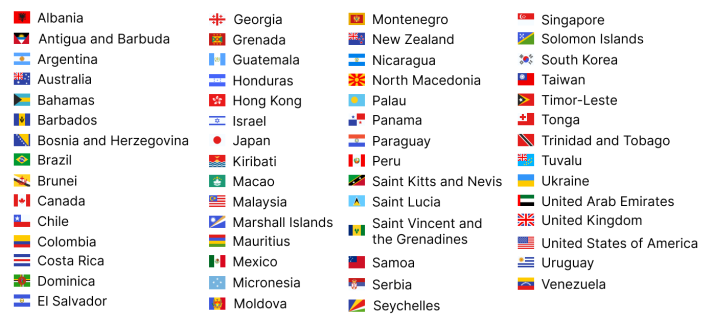|
The demand for travel has been on the rise in a post-Covid-restricted world. People who would normally go on a trip every year had been at home for the last three years or so. Understandably, they wanted to make up for lost time and use that unspent vacation money to go on a big trip. Insurance provider, Allianz, had projected that the number of Americans traveling to Europe in the summer was “expected to soar by 55% over last year’s figures – which were already a staggering 600% higher than in 2021”. For Americans, Europe has been the trendiest vacation spot this summer, with many visiting Italy, France and the UK over the peak travel season between June and August. Europeans were overwhelmed with the influx of tourists this year, and tourists were unaware of just how many people would be traveling to Europe with them. According to the European Travel Commission, “In the first quarter of 2023, Europe has recovered to about 95% of 2019 levels of international tourist arrivals.” With numbers like this, it’s clear to see how much the travel demand has increased. Before the pandemic, you could book a last-minute trip to Europe easily, but with this year’s numbers, planning 6-12 months is recommended. Courtesy of: APnews Because of the demand for travel, airline ticket prices are going up the longer you wait to book. According to Reuters, “Overall, global passenger demand is estimated to grow 22% year-on-year in 2023 and 6% in 2024…ticket prices, which in some cases have increased by double-digit percentages since the pandemic, are unlikely to plummet.” So if you’re set on traveling to Europe in 2024, especially with a family or a big group, booking sooner rather than later will save you some money and guarantee your seats next to each other. You might want to consider flying midweek to save on the costs, and cut down on the crowds in the airport. Also by avoiding flying on holiday weekends can help. Courtesy of: Unsplash Another reason to plan your trip to Europe now is that you will need a passport. If you don’t have an active passport, that doesn’t expire until after 6 months beyond the dates of your travel, you will need to renew. Because of the high demand for international travel, passports are also taking much longer to process than they have in the past. According to Google, passports are taking up to 10 to 13 weeks to process, but at Brentwood Travel we have heard of passports taking up to 17 weeks! Even when you pay for expedited processing times, there is still a significant delay, and relying on this option to get your passport on time is not recommended. It may speed things up by a few weeks, but you’re still looking at about a 10 week wait at least. Courtesy of: Unsplash Starting in 2025, countries in the European Union will be requiring visitors without a visa to have an ETIAS, also known as the European Travel Information and Authorization System. After the staggering amount of tourists this past year, the EU has decided to implement this new travel authorization from. According to the EU’s website, “ETIAS travel authorization is an entry requirement for visa-exempt nationals traveling to any of these 30 European countries. It is linked to a traveler’s passport. It is valid for up to three years or until the passport expires, whichever comes first. If you get a new passport, you need to get a new ETIAS travel authorization. With a valid ETIAS travel authorization, you can enter the territory of these European countries as often as you want for short-term stays - normally for up to 90 days in any 180-day period. However, it does not guarantee entry. When you arrive, a border guard will ask to see your passport and other documents and verify that you meet the entry conditions.” The ETIAS form will cost around $7 per person, and will work together with your passport, so you will need to make sure that you have both forms of documentation completed before your trip. Counties that need to apply for ETIASCourtesy of: European Union If you’re flexible about dates and don’t need to go to Europe during the summer, instead consider early fall. The weather will be a lot nicer (remember there aren't a lot of AC units in older European buildings!), and the number of tourists will drop significantly, as it’s the off season. Another thing to consider, is traveling to European destinations that are a little off the beaten path, and not super touristy. This way you can beat the crowds and have a more authentic experience immersing yourself into the culture. Courtesy of: World Travel Guide Overall, travel to Europe has changed over these past few years, so if you haven’t been in a while, expect more delays and regulations. Booking your trip to Europe in advance will make things run a lot smoother, save you some money and give you something to look forward to. In fact, according to CNN Travel, researchers have found that you get more joy from a trip booked further out, “...people tend to derive more happiness from the anticipation of a trip rather than the trip itself. When you book far out, you give yourself something to look forward to for months.” So if you know you’re going to travel to Europe next year, the worst thing you could do is wait. Are you interested in traveling to Europe next year? Contact one of our Travel Consultants! Call us today at 314-439-5700
0 Comments
Your comment will be posted after it is approved.
Leave a Reply. |
Brentwood Travel Vacation ExpertsIn the 64 years since Brentwood Travel was founded in 1957, we've grown into the largest, full-service travel agency in the Greater St. Louis area. No matter what your travel needs may be, our consultants will be able to assist you. Categories
All
Archives
June 2024
|
314.439.5700 - 800.527.1059 [email protected] |
|
Brentwood Travel
314.439.5700 1022 Executive Parkway; St. Louis, Missouri 63141 HOURS: Monday – Friday: 9:00 AM – 5:00 PM Saturday: CLOSED Sunday: CLOSED Newsroom |
Copyright All rights reserved. |







